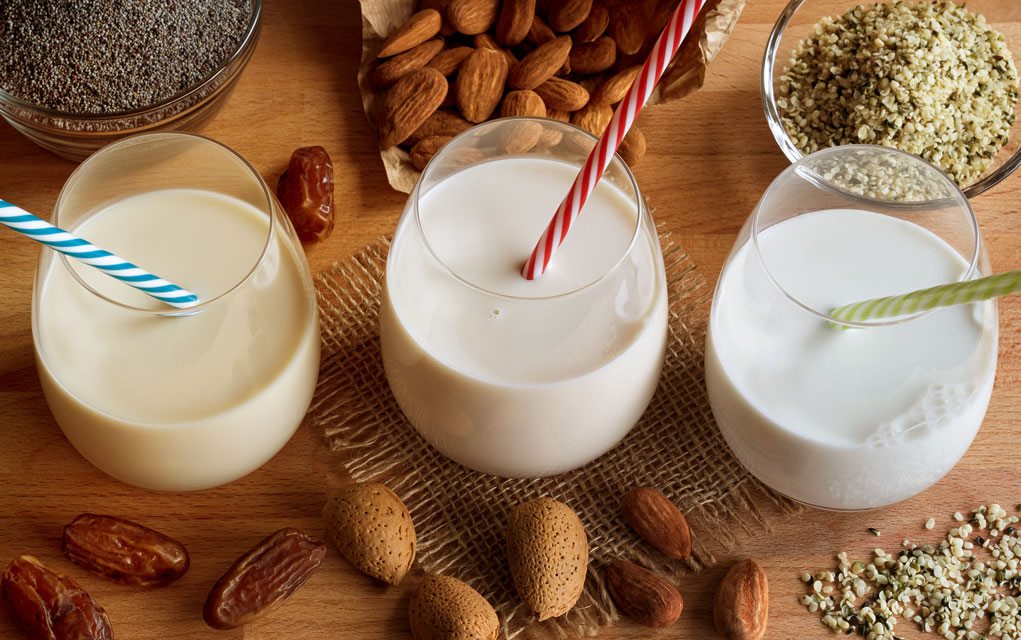“But where do you get your protein?” has to be the most frequently asked question in the life of a vegan or vegetarian. The very simple answer to that is “straight from the source”.
It is true that most plant proteins are not the same as animal-derived ones in terms of absorption. In order for our bodies to make use of the protein we consume, 9 essential amino acids must come together to form a complete chain. Animal proteins have these readily available. Plant proteins, however, need to come from a variety of sources for the body to make use of them. From a macronutrient perspective, it may sound like you’d have to go through the trouble of having to eat a variety of food items but from a micronutrient perspective, this way of eating is more beneficial. A variety of fresh, plant-based produce also means a wide variety of nutrient supply for the body.
So what are the best plant sources of protein?
- Vegetables such as Broccoli, Spinach, Asparagus and artichokes. Most vegetables have protein in them but the above has the highest protein content per serving.
- Tofu and Soy Products such as Soy Milk. Soy Beans contain all the essential amino acids making it a complete protein.
- Beans, Lentils and Legumes. Black beans and chickpeas contain the most amount of protein per serving (approx. 15g per cup, cooked) but adding a variety of beans, lentils and legumes to your diet not only helps you hit your macros, it also provides you with a number of nutrients such as Iron, Folate Potassium and fiber.
- Nuts and Seeds. Almonds, Peanuts, Walnuts- more than just fat, these nuts are great sources of protein and a host of other nutrients such as Vitamin E, Iron, Calcium and Magnesium. Seeds such as Sunflower and pumpkin contain approximately the same amount of protein while Chia is a powerhouse containing 6 grams of protein and a whopping 13 grams of fiber per 35-gram serving.
- Whole Grains and Pseudocereals. All that buzz we’re hearing about Quinoa is real. Apart from being a complete protein, Quinoa is also a great source of complex carbohydrates and fiber. But they don’t come cheap and you don’t always have to go bankrupt. Amaranth, Millet and Adlai, even black or wild rice are worth checking out. They may be more popular for being carbohydrate sources, but combining two to three of these in your meals jacks up the protein as well as several other vitamins and minerals.







.png)

